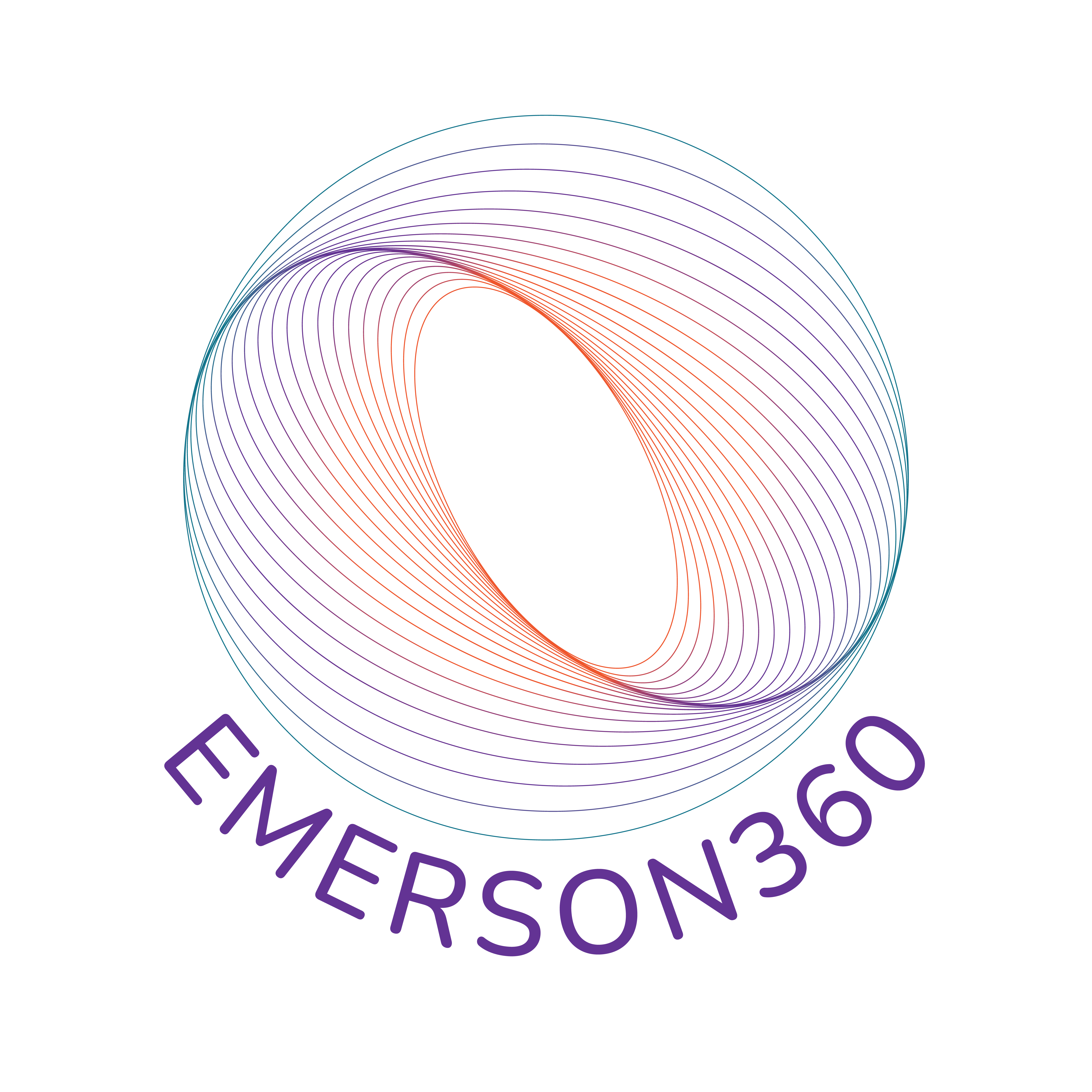Emerson recognizes that data from the Emerson360 Community Student Survey may contain information of a sensitive nature. The Healing & Advocacy Collective is available as a confidential resource. Please contact them at 617-824-8857 or by email to advocate [at] emerson.edu (advocate[at]emerson[dot]edu).

How to Read the Student Survey Reports
The Emerson360: Community Student Survey reports were generated from the data collected from students at Emerson during the survey period of October 31, to November 21, 2018. All survey responses were submitted directly to the survey provider, ModernThink. ModernThink provided these reports to Emerson based on the data they received.
Response Rate
The response rate for the student survey was as follows:
- Surveys Distributed: 4,840
- Surveys Responses: 453
- Response Rate: 9%
Definitions Used in the Survey
- Institution refers to the entire Emerson College.
- Administration refers to non-faculty staff and administrators.
- Sexual Harassment refers to any deliberate or repeated language, behavior, or visual display that causes a person fear, anxiety, shame, or embarrassment.
- Sexual Assault refers to any type of sexual contact or behavior that occurs without the explicit consent of the recipient. Falling under the definition of sexual assault are activities such as forced sexual intercourse, forcible sodomy, child molestation, incest, fondling, and attempted rape.
- Consent refers to the act of knowingly, actively, and voluntarily agreeing explicitly to engage in sexual activity. Consent must be freely given and can be withdrawn at any time.
Dimensions
The Emerson360: Community Student Survey (ModernThink Higher Education Insight Survey©) was comprised of 49 statements in five dimensions, using a five-point rating scale (Strongly Agree, Agree, Sometimes Agree/Sometimes Disagree, Disagree, Strongly Disagree). Additionally there was an “I Don't Know” response option. Two customized open-ended questions were included.
The five dimensions in the survey were:
- Climate and Perceptions
- Knowledge of Policies and Procedures*
- Education/Training*
- Fair Treatment*
- Bystander Attitudes, Behaviors, and Readiness to Help*
*These dimensions focused on Title IX and power-based violence.
Demographics
Students had the opportunity to respond to 15 voluntary demographic categories:
- Gender Identity
- Sexual Orientation
- Race
- Age
- Citizenship Status
- International Student
- Veteran Status
- Disability
- Transfer Student Status
- Current Status (Year in School)
- Current Residence
- Employment Status (On- and Off-Campus)
- Credit Hours
- Parents/Family Contribution to College Expenses
- Major/Expected Major/Second Major
If you would like additional assistance or have questions regarding the survey reports, please email sjc [at] emerson.edu (sjc[at]emerson[dot]edu).
Response Distribution Report
Notes on the Response Distribution Report:
- This report shows the results for all 49 survey statements for “Overall” (all students); and each of the class years (first, second, third, fourth, and graduate), as well as the categories of “Other” and “Decline to Answer.”
- The numbers in parentheses after each grouping (e.g., Your Overall (453)) indicates the number of people who responded to that statement.
- The number following each grouping (e.g., First-year student (87) 3.39) is the average response for that statement.
View Response Distribution Reports
- Response Distribution by Academic Standing
- Response Distribution by Gender Identity
- Response Distribution by Race
Survey Data Spreadsheets
Emerson recognizes that the data from the Emerson360: Community Student Survey may contain information of a sensitive nature. The Healing & Advocacy Collective is available as a confidential resource. Please contact them at 617-824-8857 or by email to advocate [at] emerson.edu (advocate[at]emerson[dot]edu).
Two Survey Data Spreadsheets are included (click to view):
In reading the spreadsheets, results in the first column (“Overall”) reflect Emerson’s average percent positive response for each survey statement. A percent positive response is the percentage of staff and faculty who responded with “Strongly Agree” or “Agree.”
The second column of data on the spreadsheet reflects the average percent negative response (the percentage of students who responded with “Disagree” or “Strongly Disagree.”)
While the “Overall” section of the spreadsheet reflects the data for the institution as a whole, the subsequent columns reflect the average percent positive response according to various demographic categories as indicated by the column headers.
To protect the anonymity of survey respondents, ModernThink did not report individual data for demographic categories with fewer than five respondents. If fewer than five people responded, you will see asterisks in that column. For categories with fewer than five respondents the relevant data are reflected in the overall score.
Incident Reporting
This section of the Emerson360: Community Student Survey provided students an opportunity to respond to questions regarding whether they have witnessed or experienced unwanted behavior, unwelcome sexual advances, or sexual contact, with or without consent or unable to provide consent. The survey also asked about students’ use of the College’s formal procedures to report an incident, as well as the effectiveness of the institution’s formal procedures. Data were also collected about who was involved in these incidents, where the incident occurred (on- or off-campus), and who the student told about the incident.
Emerson recognizes that the data from the Emerson360: Community Student Survey may contain information of a sensitive nature. The Healing & Advocacy Collective is available as a confidential resource. Please contact them at 617-824-8857 or by email to advocate [at] emerson.edu (advocate[at]emerson[dot]edu).
VIEW STUDENT INCIDENT REPORTING
Profile of Survey Respondents
This report shows the numbers and percentages of respondents according to the demographic categories from the survey.